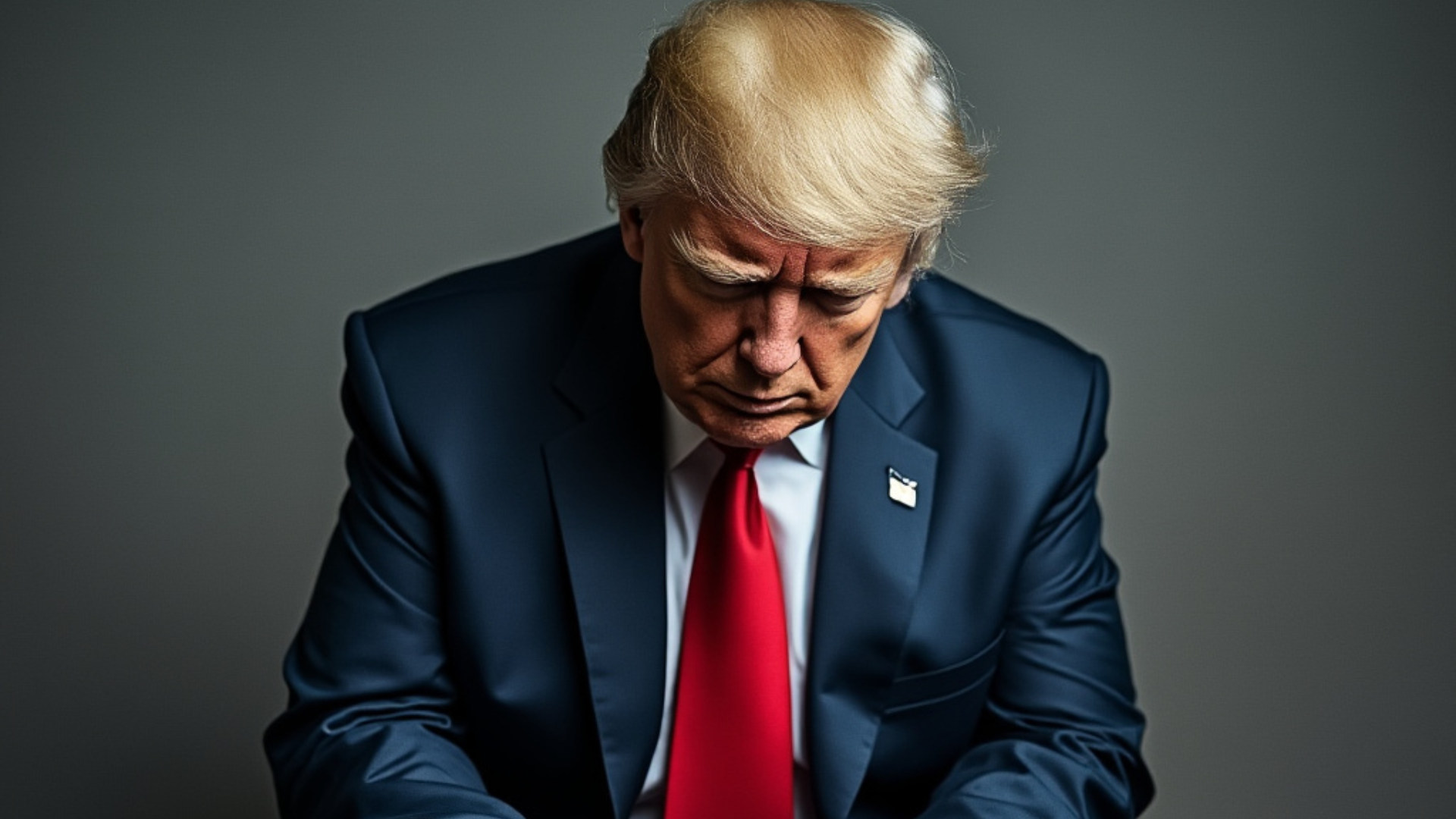Now that Trump 2.0 will be reintroducing an isolationist America to the mix, it will become even more difficult to predict the future course of political change.
Rarely has the world been in the throes of political upheaval with such breadth, intensity, and duration as has been experienced in the first quarter of this century. Its impact has been made all the more profound as a result of the impact of social media, instant communication, the advent of AI, fake news, alternative facts, and a propensity among a large percentage of the world’s population to embrace 10-second sound bites as the sole source of their world view. This has occurred as geopolitical sands continue to shift significantly, with the US, China, Russia, Iran, and the EU all jockeying for positions of influence.
Now that Trump 2.0 will be reintroducing an isolationist America to the mix, it will become even more difficult to predict the future course of political change. Trump’s inclination to pursue his domestic agenda at all costs is likely to translate into a willingness to take a zero-sum approach to international relations. America’s allies will, once again, be forced to reckon with an American President with the subtlety of a sledgehammer who is gleeful at the prospect of being able to use tariffs as bargaining chips and weapons. Trump’s unpredictability will keep America’s enemies on edge, although he previously exercised restraint in times of crisis. This time around, he will act with the knowledge that his legacy is at stake, which could imply a greater likelihood that he will be even more extreme and robust in his approach to international relations.
China will surely attempt to pick up the slack where Trump chooses to either withdraw from prior American positioning or ignore issues, countries, and regions altogether. Trump’s declaration that he will leave the outcome in Syria to other actors provides an indication of how he could react to other flashpoints elsewhere in the world. And while Biden made a half-hearted attempt to reassert American influence in Africa during his recent trip to Angola, it was too little and too late. Even if African nations were inclined to accept America’s overture, Trump is unlikely to follow through, and in any event, Washington is too late to the party to have any real impact on China’s decade-long influence in the region via the Belt and Road Initiative. America already matters less in international relations than it did a decade ago.
It is hard to imagine that Trump will throw Volodymyr Zelenskyy a financial or military lifeline, which would only serve to prolong the conflict at a time when Trump seeks a swift resolution. More likely, Vladimir Putin will accept Trump’s overture and the parties will arrive at the negotiating table quickly, which implies the possibility of an armistice that redraws the border of Ukraine to formally cede to Russia what it has taken. From Trump’s perspective, promise made, promise kept, transaction completed.
Trump is similarly likely to double down on Netanyahu, who must now contend with the possibility of a Taliban-like state on Israel’s northeastern border. With Hamas and Hezbollah eviscerated, and with Tehran reeling from Assad’s overthrow, expect Trump to give Netanyahu a lot of leeway to do what he deems necessary to preserve Israel’s security. That could indeed include a green light to attack Iran’s critical infrastructure and nuclear facilities.
North Korea is unlikely to become much of a priority in Trump’s first year back at the helm, given other more pressing matters, but a resolution of the North Korea issue will be among the topics he will want to address before his second term ends. However, given how much more robust Kim Jong Un’s nuclear capabilities have become since Trump left office, how much more intransigent Kim has become, and how unlikely Kim will be to abandon his nuclear arsenal, this will remain an elusive goal.
Trump will presumably not want to spend much time or energy on perceived peripheral threats. As a result, apart from China, the biggest winners of an isolationist America will probably be non-state actors, which have proliferated in scope and capabilities. Once Trump is back in power, they will likely remain comparatively free to act at will, believing that Trump will take a similar approach to them as he has toward Syria.
With America abdicating its historical role as the world’s policeman, and with no other nation either capable of or willing to assume that role, we can foresee a world that will continue to spin out of control, with a greater number of new or expanded conflicts in the coming four years. That does not bode well for America or the world, particularly given that so many of the existing conflicts have not been resolved and/or have no end in sight. This is the price to be paid by having an isolationist President in the White House.
* Daniel Wagner is CEO of Country Risk Solutions and a widely published author on international relations.

